EV Convention is expanding in India and electric vehicle battery health has become crucial for vehicle owners. With Google searches like EV battery testing doubled in the past year, it indicates the need to know about maintaining battery life. Knowing how to properly read a battery health report helps an individual in accurately diagnosing and extending life.
Let’s discuss what you need to notice while checking your EV’s battery health report.
Why is Battery Health Important?
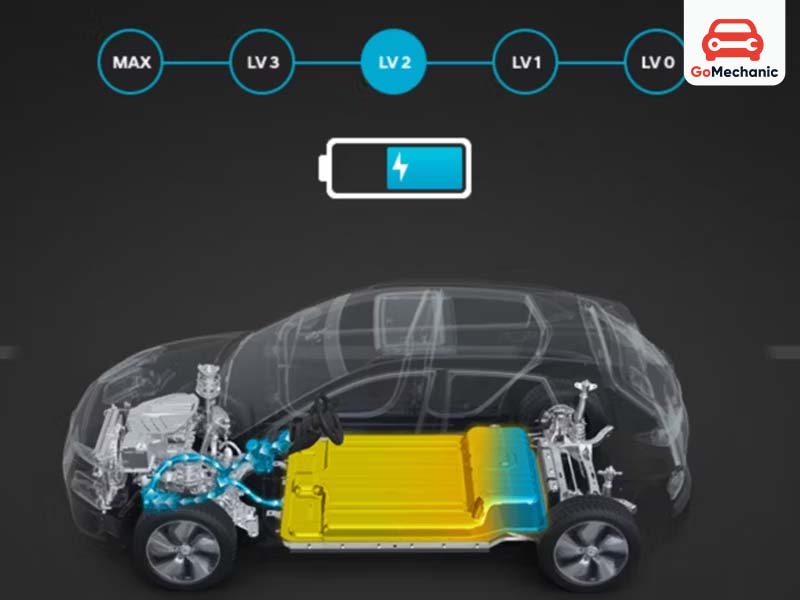
A battery powers an EV as an electric heart. A well-maintained battery ensures your car runs efficiently and minimises timely performance degradation. For this, a battery management system for electric vehicles exists to monitor and manage the battery performance.
Others Also Read: Electric Car Maintenance: The True Guide
Regular EV battery testing and health checks give you a clear understanding of your battery’s condition and longevity.
Key Elements in an EV Battery Health Report
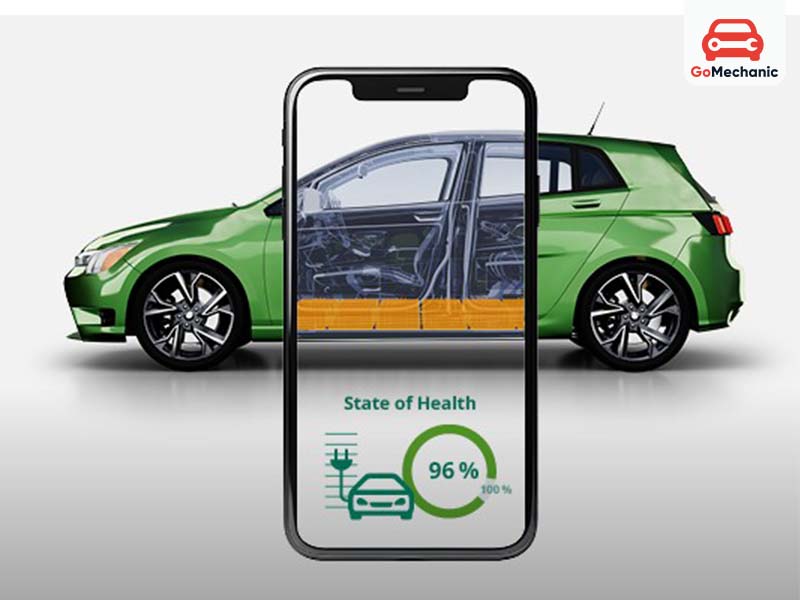
When you receive a battery health report, you might see various technical terms. Here’s how to simplify it:
- State of health (SOH): This indicates the current battery capacity compared to its original capacity when new. A 100% SOH means the battery is in perfect condition, while a lower percentage suggests wear and tear.
- State of charge (SOC): SOC shows how much charge is left in the battery, similar to a fuel gauge in petrol vehicles.
- Cycles count: Each full discharge and recharge cycle counts towards this number. Batteries degrade slightly with every cycle, and tracking this helps predict battery lifespan.
- Cell balance: The battery is made up of multiple cells. If cells are unbalanced, it can lead to faster degradation. A well-balanced battery is a sign of good health.
- Temperature data: Batteries perform best in moderate temperatures. High or fluctuating temperatures can degrade battery life.
How to Measure EV Battery Health
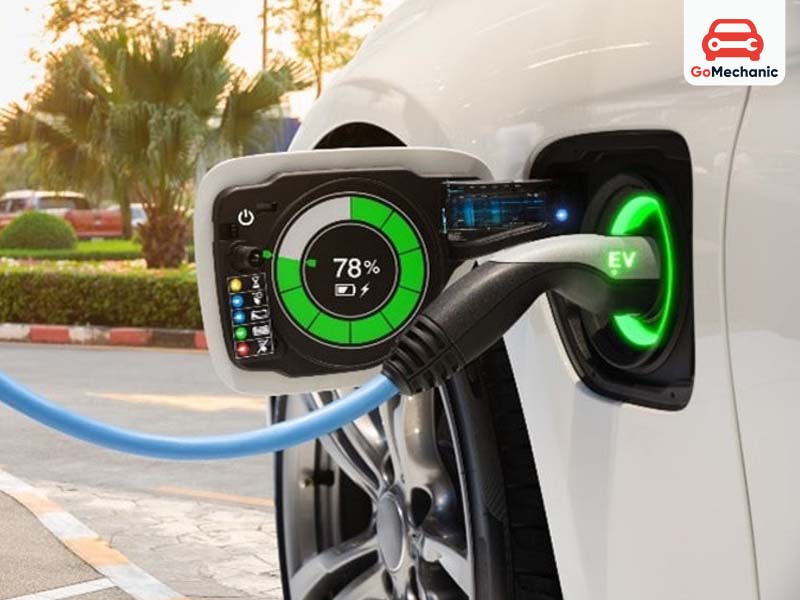
- Regular EV battery testing: Checking the health of your battery is essential. This can be done through specialized services provided by EV battery manufacturers or with the help of an EV battery check app.
- Battery testing apps: Nowadays, apps like ‘MyEV’ or ‘ChargeHub’ help you keep tabs on your battery health from your smartphone. These apps provide a user-friendly interface for generating quick reports on SOH, SOC, and cycle counts.
- Battery capacity check: A critical part of the report is to measure the actual capacity of the battery. Many service centres offer EV battery health checks near me, ensuring that your battery still holds the charge efficiently.
Common Battery Issues: Good vs. Bad Test Results
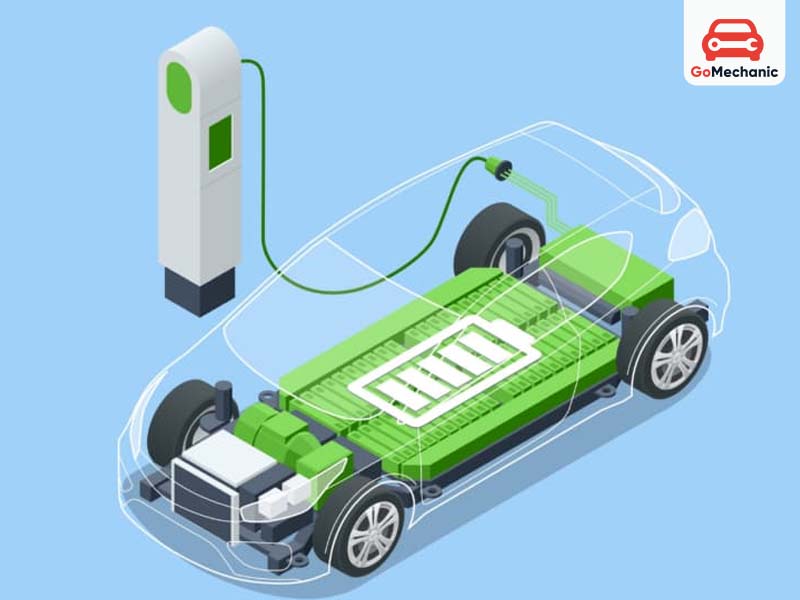
A good reading shows balanced cells, minimal cycle count, and an SOH above 80%. However, bad results may indicate:
- A significant drop in the state of health
- Unbalanced cells, leading to uneven wear
- High cycles count, signalling faster wear and a need for replacement soon
If you receive a bad report, it might be time to consult with your service provider or consider getting a battery management system upgrade.
How EV Owners in India Maintain Battery Health
EV fleets in Delhi rely on regular battery checks to ensure consistent performance. Their service provider integrates a battery management system for electric vehicles, ensuring batteries last over 150,000 km. Routine electric vehicle battery testing helped them identify minor issues early, extending battery life by up to 20%.
Additionally, Tata Motors has collaborated with EV battery manufacturers to offer dedicated EV health check programs, ensuring customers can easily check their battery status and take preventive measures.
Tips for Maintaining Your EV Battery Health
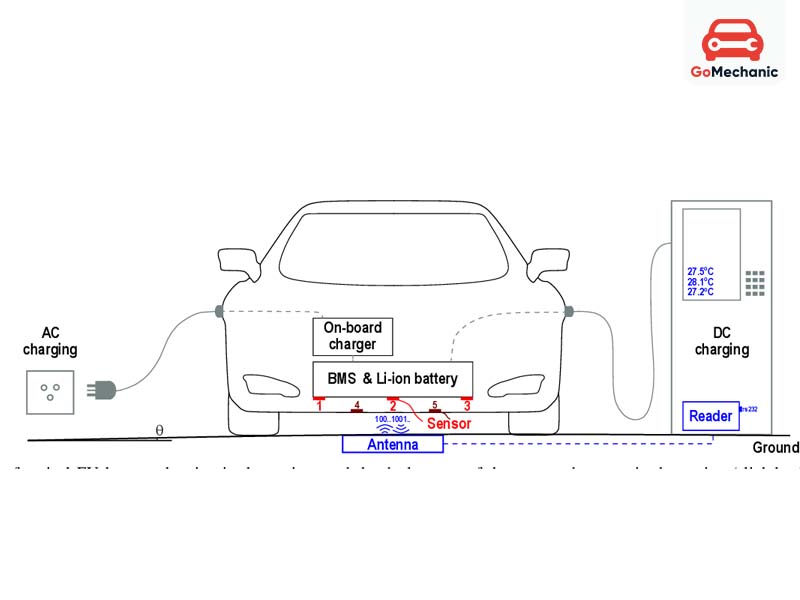
- Avoid deep discharge: Try to keep the battery’s charge between 20% and 80%. Frequent deep discharges can harm battery health.
- Monitor temperature: Park your EV in the shade or cooler areas to avoid battery overheating.
- Schedule regular battery health checks: Many dealerships offer EV battery health check near me services. This helps catch issues early.
- Use guaranteed charging stations: Ensure you use certified chargers to avoid voltage fluctuations that can harm the battery. Battery testing helps assess the health post-charging.
- Use monitoring applications: Apps designed for EVs have built-in battery health monitors. These are accessible ways to check battery status.
How Much Does It Cost to Get an EV Battery Health Check?
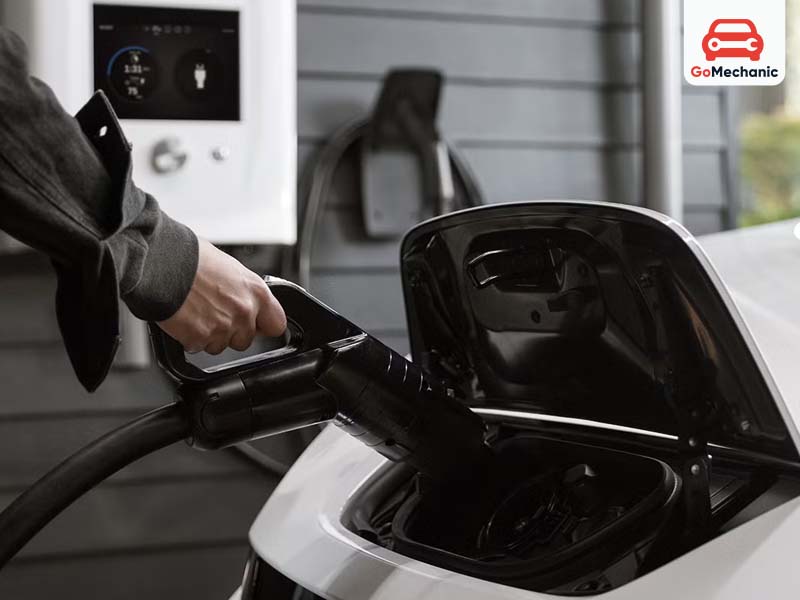
On average, an EV health check cost can range from ₹2,000 to ₹5,000 depending on the service provider and the vehicle type. However, some manufacturers offer these checks free of charge during regular maintenance services. For those looking for budget-friendly options, several EV battery check apps offer free reports with in-depth analysis.
Must Read: Fastest Growing EV Cars In India
Stay Ahead with Regular Battery Health Checks
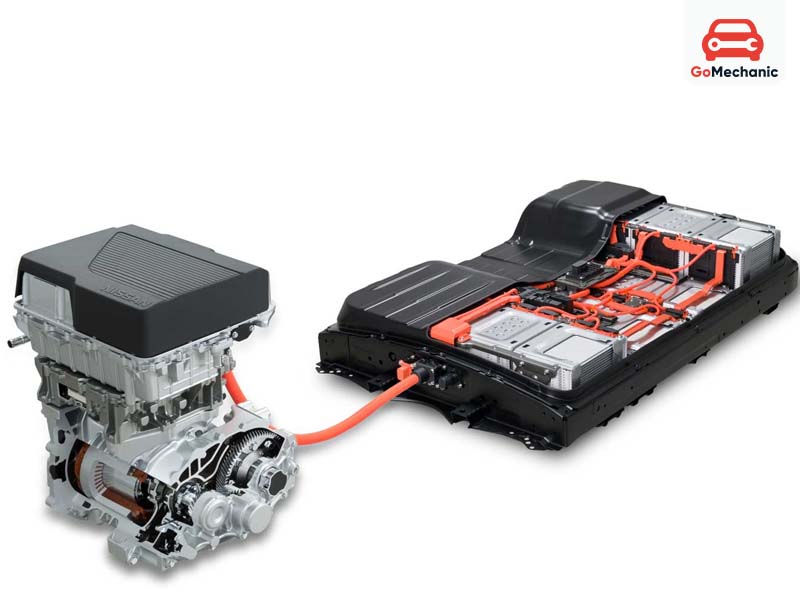
Maintaining the battery health of your electric vehicle ensures longer life and prevents costly repairs. With the right EV battery testing tools, you can stay ahead of potential troubles. Whether you use a battery management system or an EV battery check app, the key is regular monitoring and prompt action on any issues detected.
Don’t wait for problems to arise—schedule an EV battery health check today to ensure your vehicle stays in top shape.





